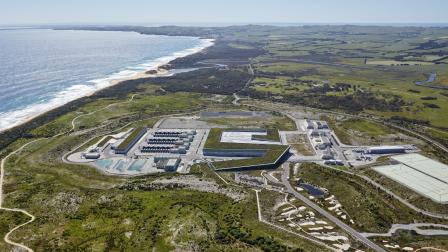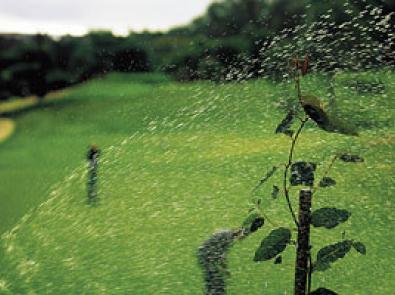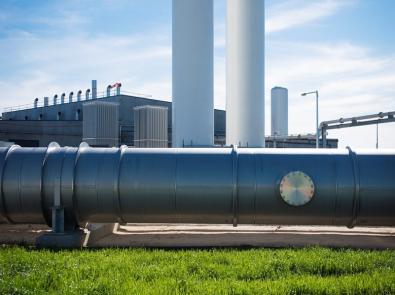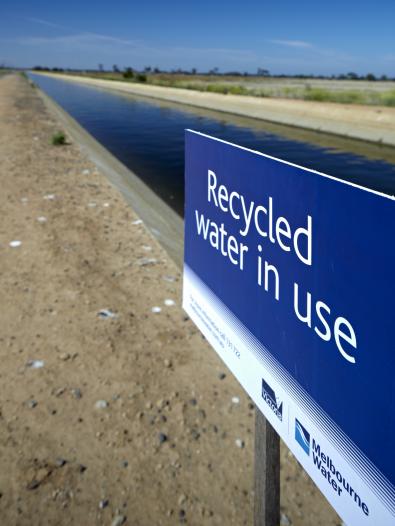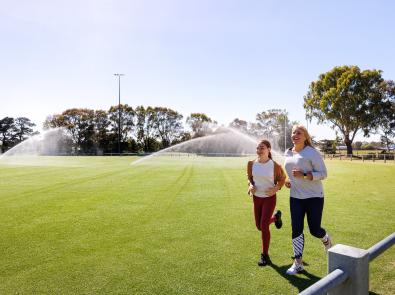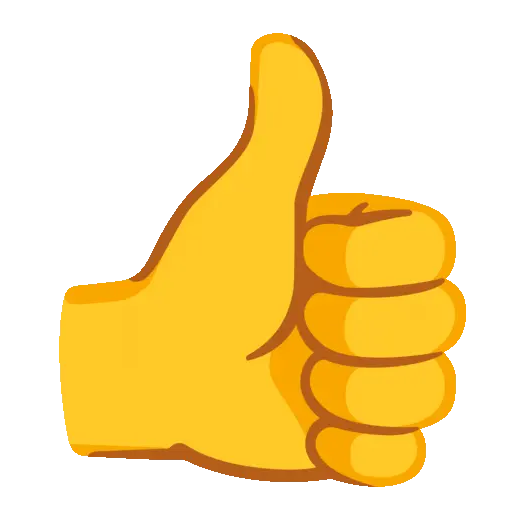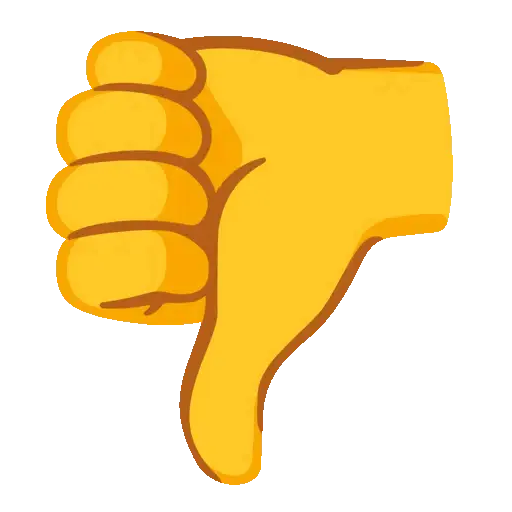We produce recycled water at our Eastern and Western Treatment Plants, following strict regulatory guidelines. Find out how it’s done.
Key facts on recycled water:
- Highly treated wastewater is recycled for a range of non-drinking uses, helping to save water in an uncertain climate.
- The highest grade of recycled water in Victoria is Class A, which can be used for the widest range of non-drinking purposes including high-exposure uses such as:
- residential developments (for example, 'dual pipe' systems for toilets and garden use)
- irrigation where access is public and unrestricted
- irrigation of edible crops intended for raw or unprocessed consumption.
- Melbourne Water is able to produce the largest amount of Class A recycled water in Australia.
- Our advanced treatment technologies remove more than 99.999% of pathogens from wastewater.
- We use a quality control process which is common throughout the food industry, called Hazard Analysis and Critical Control Points (HACCP).
Standards and guidelines
We follow the state and national guidelines for producing recycled water:
These guidelines have different approaches to regulating quality, but all ensure that it is safe for its intended end use.
Production process
Each of our treatment plants produces recycled water using methods that are specifically designed for the type of wastewater it receives.
Eastern Treatment Plant
The Eastern Treatment Plant produces a very high quality of treated water that meets the requirements for both safe discharge to the receiving marine environment and Class A recycled water. It is one of the few plants in the world that can treat all incoming wastewater to a standard suitable for reusing, rather than only a small percentage.
In 2012, it was upgraded to include an advanced tertiary treatment process, involving filtration, ozone, ultraviolet light and chlorine treatment.
We supply Class A recycled water from the Eastern Treatment Plant to South East Water and Trility, who then supply it directly to customers for purposes such as:
- nursery and garden irrigation
- food crop irrigation that can be eaten raw like lettuce
- toilet flushing, laundry use, cooling towers, car washing and firefighting
- open space irrigation such as sports grounds and other areas of unrestricted access.
Western Treatment Plant
Channels carrying recycled water at Western Treatment Plant
The Western Treatment Plant was the first plant in Victoria to produce Class A recycled water. The process for producing Class A recycled water uses our existing activated sludge plant and lagoon system, which already produces Class C water in 30 to 35 days.
To achieve Class A standard, ultraviolet light and chlorine are used to further disinfect the water.
We supply Class A recycled water from the Western Treatment Plant to Greater Western Water and Southern Rural Water, who then supply it directly to customers for purposes such as:
- in residences with ‘purple pipes’ for non-drinking purposes like clothes washing, toilet flushing, garden watering and car washing,
- irrigation of food crops including raw or unprocessed consumption,
- open space irrigation such as sports grounds and other areas of unrestricted access,
- firefighting,
- cooling towers,
- dust suppression, and
- commercial laundries.
The Western Treatment Plant also produces Class C recycled water via the activated sludge plant and lagoon systems. This is mainly used to irrigate the plant’s farmland.
Accessing recycled water
After Class A recycled water is produced at either the Eastern or Western Treatment Plant, Melbourne Water supplies it to Greater Western Water, Southern Rural Water, South East Water and Trility – who distribute it through their networks to customers.
As a general rule, the closer the use is to the main treatment plant the easier it is to access recycled water.
Areas currently using recycled water include the:
- Werribee Irrigation District
- Werribee Park Tourism Precinct — including the golf club, zoo and mansion
- Werribee Employment Precinct — a 900-hectare site for research and learning institutions
- Werribee housing estates
- Eastern Irrigation Scheme, Cranbourne — supplies more than 80 customers with water for horticulture, irrigation and industrial processes
- Cranbourne housing estates.
- Logis Industrial park.
- Dingley Recycled Water Scheme (under construction).
- Other open space irrigation and food producers on the Mornington Peninsula
To find out if you can access recycled water, contact your local water retailer.
You may also like...
Eastern Treatment Plant
Learn how the treatment plant uses innovative processes to turn sewage into Class A recycled water.
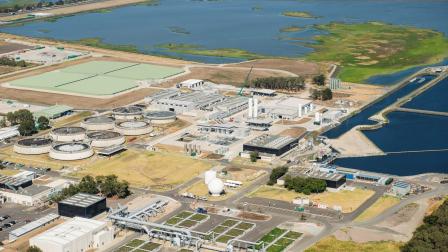
Western Treatment Plant sewage treatment process
The plant treats sewage using a series of large ponds, called lagoons - producing 40 billion litres of recycled water each year.
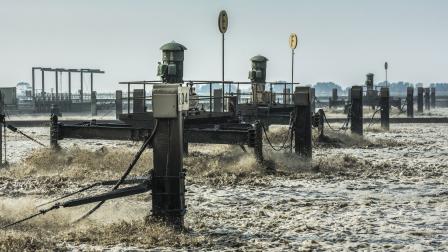
How we’re taking action
Melbourne’s water corporations are working hard with government and a range of other partners to secure our water supply.
